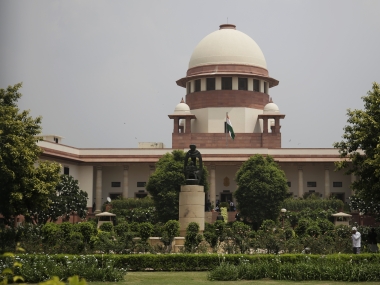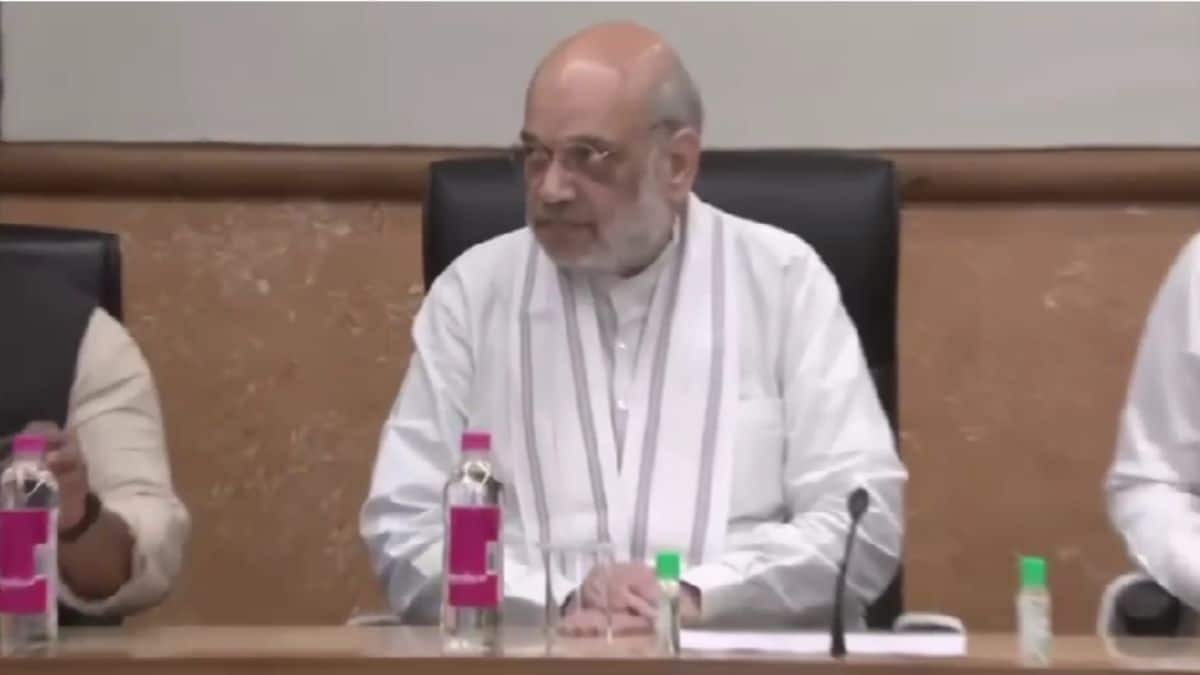New Delhi: The Supreme Court on Thursday gave its go-ahead to set up 12 special fast-track courts to try 1,581 criminal cases against members of Parliament and state Assemblies and directed that these courts become operational by 1 March, 2018. Describing the central scheme to set up 12 courts as a “rudimentary” and “tentative measure”, a bench of Justice Ranjan Gogoi and Justice Navin Sinha directed that the Centre will forthwith allocate proportionately the earmarked amount of Rs 7.8 crore to different states where these courts are proposed to be located. [caption id=“attachment_4258553” align=“alignleft” width=“380”] File image of Supreme Court. AP[/caption] In pursuance of the top court’s 1 November order, the Centre proposed to set up these courts and had earmarked Rs 7.8 crore for the scheme. One fast-track court will have jurisdiction over cases pending in several states. As counsel for the petitioners, including Supreme Court lawyer and BJP leader Ashwini Kumar Upadhyay, said they were “disappointed” with the number of courts the government proposed to set up, the bench said: “Let us not get bogged down… let them set up. Twelve courts are not an end of it. Starting something is difficult.” Addressing misgivings on the low number of proposed courts, the apex court said: “We further make it clear that what has been directed above is all very tentative at this stage and has been so done with a view to getting the court(s) operational and functional.” “As and when necessary changes are required to be made in the present directions or any additional directions are called for, the same will be issued, as may be required.” Soon after allocations are made to the respective state governments, the court said, they will – in consultation with the high courts concerned – set up the fast-track courts to ensure these start functioning from 1 March next year. The high courts, the order said, will trace cases pending before different trial courts under their respective jurisdictions and which ought to be dealt with by the special courts, and transfer them to the new court to speed them up. The apex court gave two months to the government to collect information on cases pending against politicians. The court had, by its 1 November order, sought information about how many of the 1,581 cases trials were over within a year as directed by the top court in 2014, how many of the cases already decided had ended in acquittals or convictions and the number of fresh cases filed from 2014 to 2017. Setting the next hearing on 7 March, the apex court said it will also take up on that date the main issue of imposing a life ban on politicians convicted in criminal cases.
The Supreme Court on Thursday gave its go-ahead to set up 12 special fast-track courts to try 1,581 criminal cases against members of Parliament and state assemblies and directed that these courts become operational by 1 March, 2018.
Advertisement
End of Article


)

)
)
)
)
)
)
)
)



